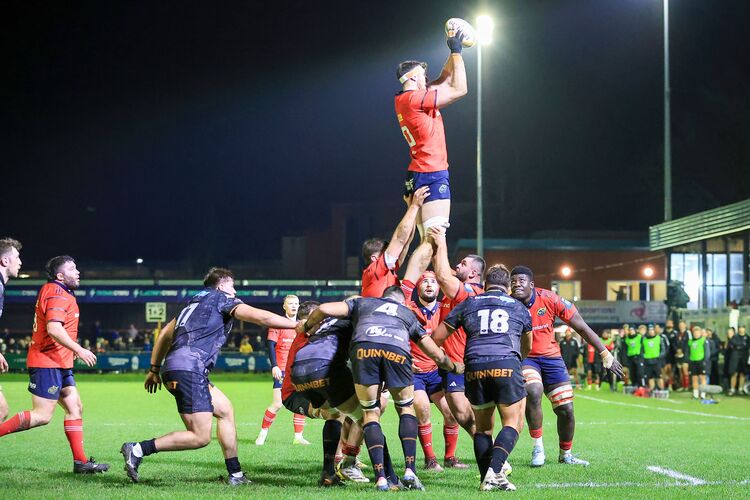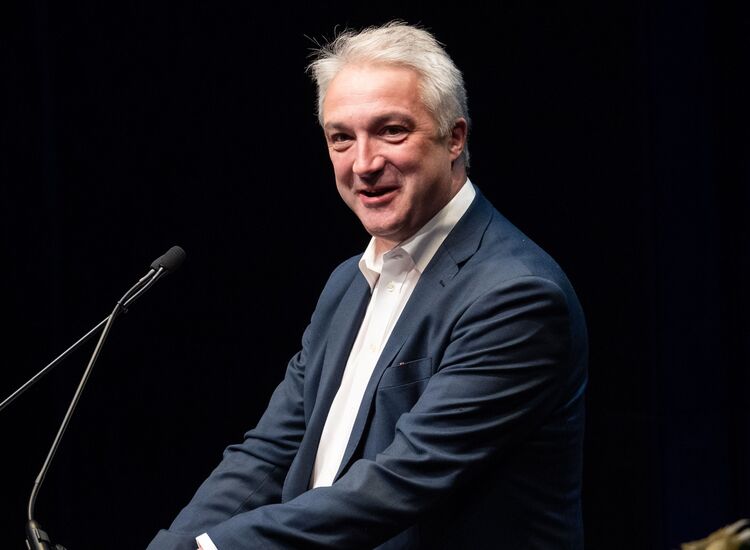[caption id="attachment_69109" align="aligncenter" width="600" caption="Anne Marie Kennedy says battle not quite over yet. Limerick Leader photo."]
It's been one hell of an 'Effin' battle, but a small Irish village has finally been recognized by a major social networking site.
The online campaign to have Facebook recognize a Limerick village called Effin made headlines all over the world towards the end of last year when the site deemed the name offensive.
But now the Effin celebrations can begin, as from this week users have been able to register the Limerick village as their home.
Ann Marie Kennedy, who works in the University of Limerick and joined Facebook in 2008, began the campaign last year. Although there has been no official announcement from the organization, she said she had noticed the change.
"I have an iPhone and on New Year's Eve, I could see a local girl had Effin down as her home place. Then I saw that somebody else also had it online.
"We weren't told about it, but it seems that the change happened sometime over Christmas. It looks like everyone here in Ireland from Effin can register that as their homeplace," she said.
"It is great, but we are not fully there yet. While anyone in Ireland can put Effin in as their home place, some people abroad cannot, so hopefully that will be overcome soon as there is a lot of Effin people abroad."
Ms. Kennedy previously wrote to Facebook founder Mark Zuckerberg and invited him to her native village to prove that it exists. In the letter she told him Effin had been mentioned in journals as far back as 1297.
"It is named after a saint called Eimhin," she wrote.
"The name Effin has been used for centuries long before it was used as a curse word. Surely with all your employees you can get this sorted out? I will be eternally grateful as will all the people from Effin all over the world."
Meanwhile, Effin's new fame is being mirrored this week by Limerick City's anonymity. Reports have stated that the city only appears on Google Maps after several clicks to show more detail, and only after far smaller towns and villages are shown.







